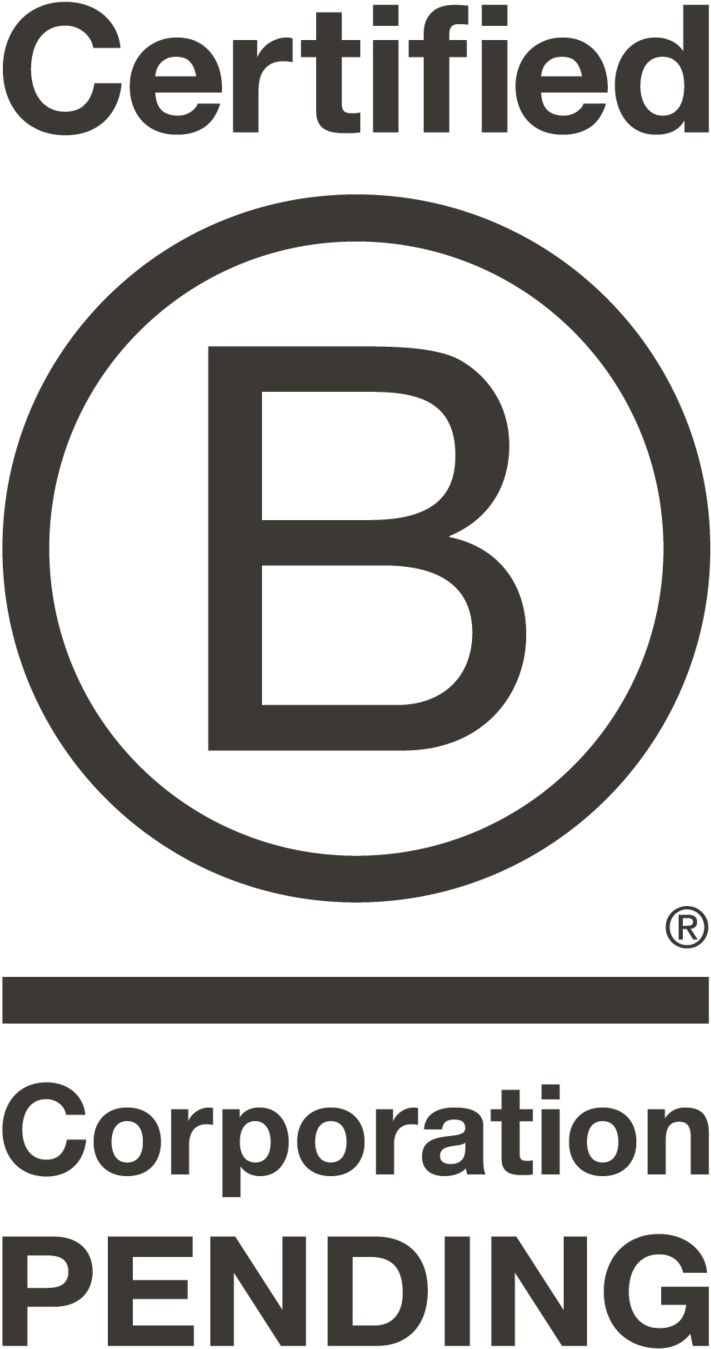The world of work is shifting. But, this is nothing new. Work has undergone constant change over the last 200 years. You can measure economies from Agrarian to industrial, which then became service. Such shifts transformed entire economic sectors and occupations, with some disappearing and being replaced with new ones. Today, the world is in the midst of another shift in the world of work, one as significant as the shift to mechanisation in prior generations.
Over the past year, every company in the world probably experienced a radical change in the way they work. And this is only the beginning. With cutting-edge digital technologies, what does the future of work look like? One thing is for sure, while some jobs will be lost and others created, almost all will change.
The Workplace Ecosystem
As the world of changes, so must the workplace. In recent decades, digital technologies' adoption has resulted in a tangible shift in occupations, roles, and employee-skills requirements.
Greater use of digital technologies and the growing importance of knowledge-intensive roles have resulted in two fundamental changes in employee skills requirements. First, today's employees are expected to have attained higher training and education levels compared to years past. Second, soft skills, including communication and creativity, have become just as important as hard skills. Such skills involve aspects and competencies in which human beings clearly outperform their machine counterparts, hence increasing demand.
Due to the exponential growth of digital technologies, more and more workers can work independently of a specific location and rely on collaboration, social interaction, and creativity to excel at their jobs. Furthermore, the increasing importance of analytical and creative roles necessitate flexibility. Quiet spaces and flexible working arrangements underpin productivity in such positions. As a result, the workplace and workforce are becoming more fluid and agile.
The Fluid Workforce
For the first time in history, there are five generations in the workplace, each with unique needs, expectations and motivational drivers. Provisional and non-permanent workers make up a more significant percentage of the total workforce than ever before. Freelancing and the gig economy are poised to explode as more workers value flexibility and work-life balance over other job benefits.
At the same time, attitudes about work are evolving as well. Today's employees don't view their work and professional lives as separate from one another – technology has effectively blurred the lines. Work needs to be balanced and more purposeful.
Fluidity in the workplace takes three forms:
Job Fluidity: People don't want to be tied by a specific job description. They want to choose what they work on and desire the ability to flow between projects and departments. The modern employee demands more flexibility and autonomy in their roles.
Organisational Fluidity: The traditional ideas of how work gets done no longer apply. People value collaborative teamwork over siloed tasks and confined roles.
Identity Fluidity: Employees not only expect a seat at the table, but they want the "ability to be themselves" at work.
Inside the Company of the Future
To tap into the modern workforce's potential, companies need to provide spaces and work structures that facilitate flexibility, interaction, and collaboration. The new workplace ecosystem is responding not just to digital disruptions but also to societal and socio-cultural shifts as well. All these factors hold the keys to becoming a future-ready company.
To cater to a more fluid world of work, leaders can take action in three key areas:
Adopt flexible work-style models: Even after the pandemic has passed, organisations will need to operate with flexibility in where people work, how they work and when they work. Establishing remote work models creates opportunities to recruit from a global pool of talent. Potential recruits include persons living with disabilities, parents with kids, and people in other countries.
Commit to digital enablement: Digital innovation can make workforce fluidity work in your favour by developing new tools to better manage teams and foster company culture. Digital transformation and enablement should start at the top. How else can company executives lead a revolution they don't understand?
Promote social interaction and collaboration in remote teams: Managing remote teams comes with several challenges. For one, it's more challenging to collaborate outside an office environment. A hybrid model of some sort where employees have the flexibility to work both remotely and meet in an office can enhance communication and collaboration.
A digital workforce needs flexibility and accountability. The Covid-19 pandemic demonstrated how rapidly work and life could change. Companies need to embrace change and become more agile.
The Road Ahead
It's time to adapt – for companies to become more nimble and agile. Change won't be easy and will likely touch on every aspect of HR and talent management. Embracing the needs of the modern, more fluid workforce comes with great reward. Acting early and fast will ensure you become the employer of choice, empowering employees to achieve purpose through their work.
Don’t Forget to Share this Post!











